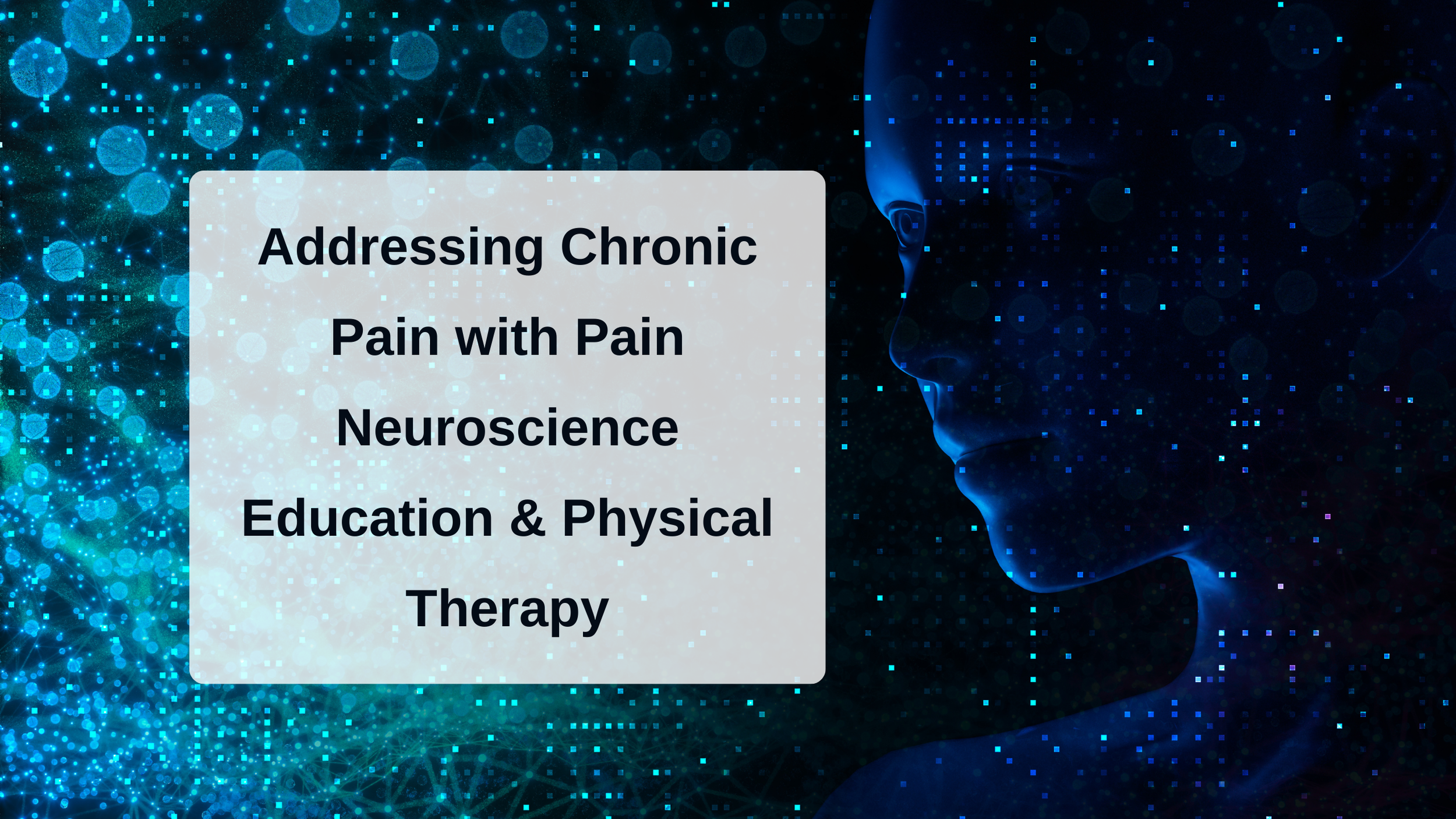Mangiarelli Rehabilitation Physical Therapy Blog
November 2023 Newsletter
Check out our November 2023 newsletter, highlighting managing Achilles tendinopathy with physical therapy, managing lymphedema after breast cancer, 3 posture training exercises to improve postural alignment, and understanding the science of pain.
Addressing Chronic Pain with Pain Neuroscience Education and Physical Therapy
Pain neuroscience describes pain as an output of the brain in which the nervous system functions as an alarm for the brain about pain in the body and the brain interprets these signals to decide whether pain would be beneficial for healing, causing the nerves to increase their sensitivity in the injured area. In a patient with chronic pain, the nervous system remains hypervigilant, signaling to the brain that an area of the body is injured and painful, even when the tissue is no longer damaged. Combining physical therapy exercise and pain neuroscience education (PNE) helps chronic pain patients desensitize the sensitive chronic pain area through graded movement and understand the mechanism of pain in their body.
#PainAwarenessMonth: Physical Therapy for Chronic Pain
September is #PainAwarenessMonth. While pain is an important survival mechanism to protect an injured area of the body, chronic pain is persistent pain that lasts beyond the normal healing process. Chronic pain develops when the nerves that communicate pain to the brain become hypersensitive, causing the brain to perceive that area of the body as a potential threat and therefore painful. Physical therapy offers safe and effective treatment for chronic pain, reducing pain and improving mobility, strength, and function.
Pain Neuroscience and Physical Therapy
Pain neuroscience education offers patients a deeper understanding of the mechanism of pain in the body and our body’s processing of pain. Pain is a survival mechanism to protect an area of the body that the brain perceives as damaged. Physical therapy combined with pain neuroscience education provides patients an active role in their recovery and pain management and helps to reduce pain and restore patients to the highest possible level of activity, function, and quality of life.















